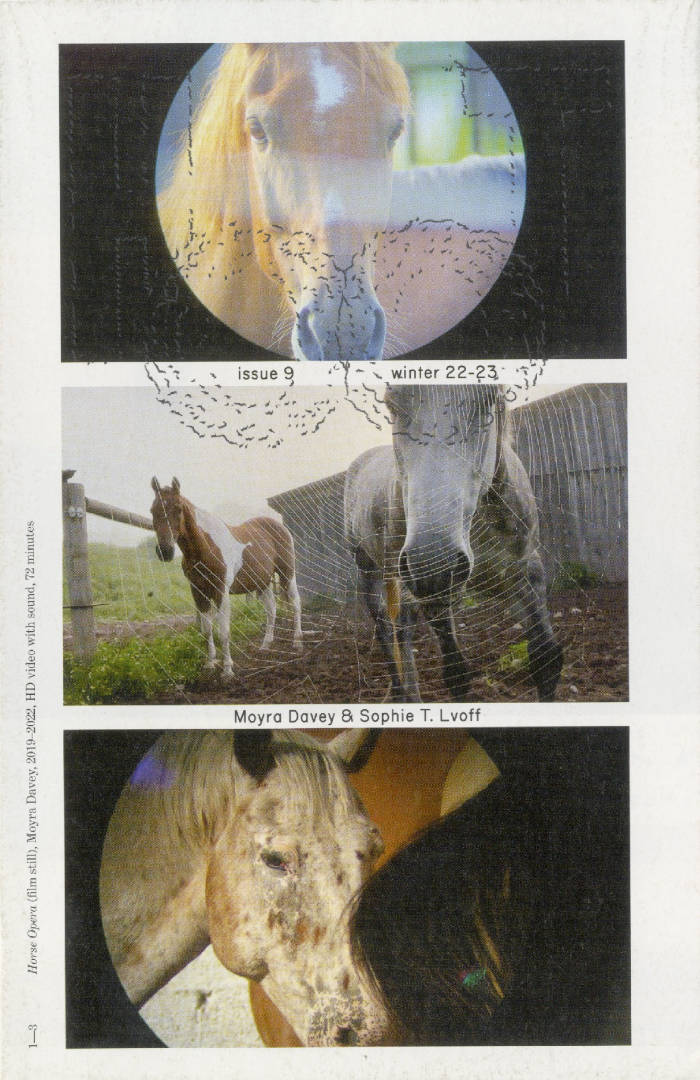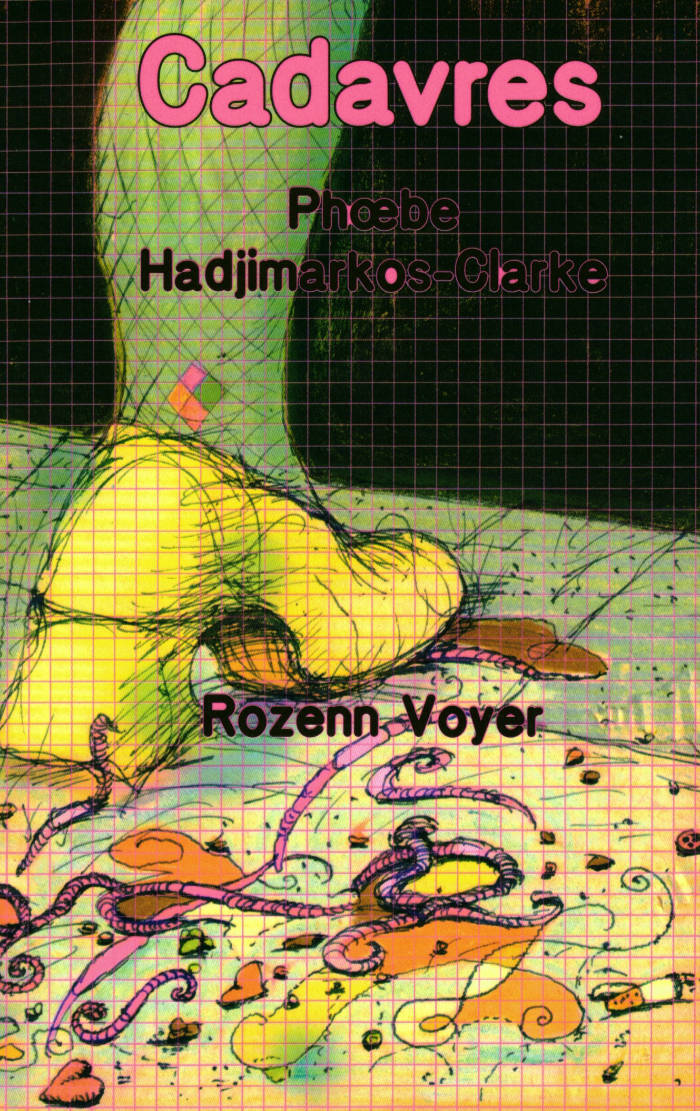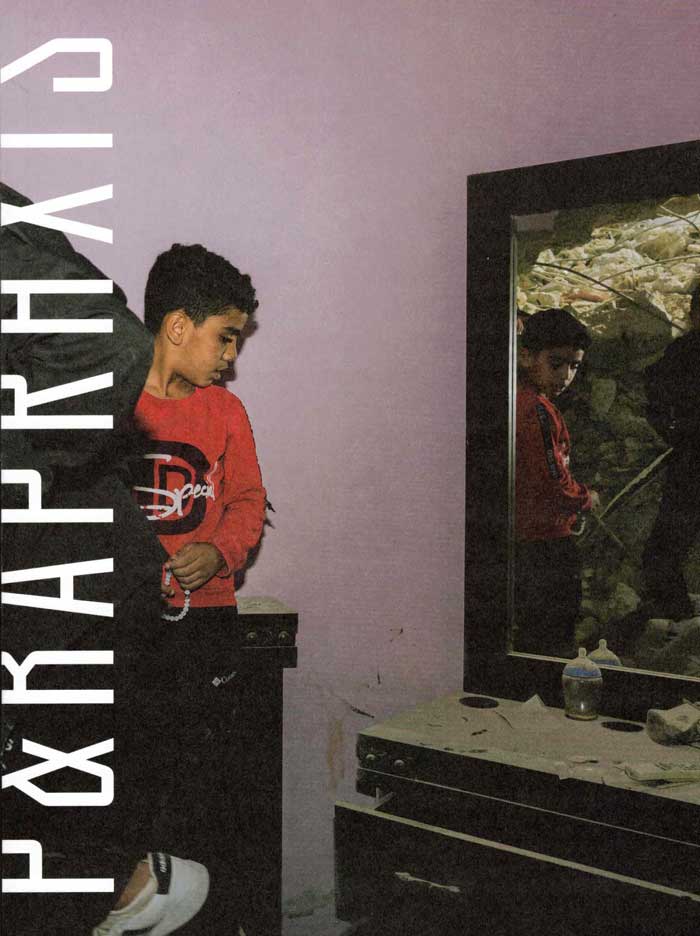
HOOT nr. 5 — Grégoire Devidal
Rozenn Voyer ed., Clément Faydit ed., Gufo ed.
Cet été j’ai rappelé un ami, Grégoire Devidal, pour lui demander de ses nouvelles depuis que nous sommes chacun·e parti·e d’Amsterdam où nous y avons partagé quelques années. Il m’a parlé d’un projet de podcasts avec Agathe Boulanger et Gwendal Raymond.
Ayant partagé des moments de vie, de création, de tension, de doutes et beaucoup de moments de travail, il m’est apparu comme une nécessité de proposer ce nouveau numéro de HOOT à ces trois artistes. La parole et l’écriture sont au centre de leur pratique et de leurs recherches. Je leur ai alors confié mon questionnaire habituel pour m’effacer de la trame de ces conversations et laisser place à une nouvelle forme de dialogue : celui qu'iels se partagent sans que je ne les écoute, sans que je n'intervienne. Iels parlent entre-elleux, se questionnent et se meuvent comme autant d’échos infinis sur des parois fluides. Leurs échanges m’ont évoqué ceux des personnages des Vagues de Virginia Woolf dans la manière dont ils s'interpénètrent, dont l’identité des orateur·rice·s valse et les échanges se relaient plutôt que se répondent.
Language: French







